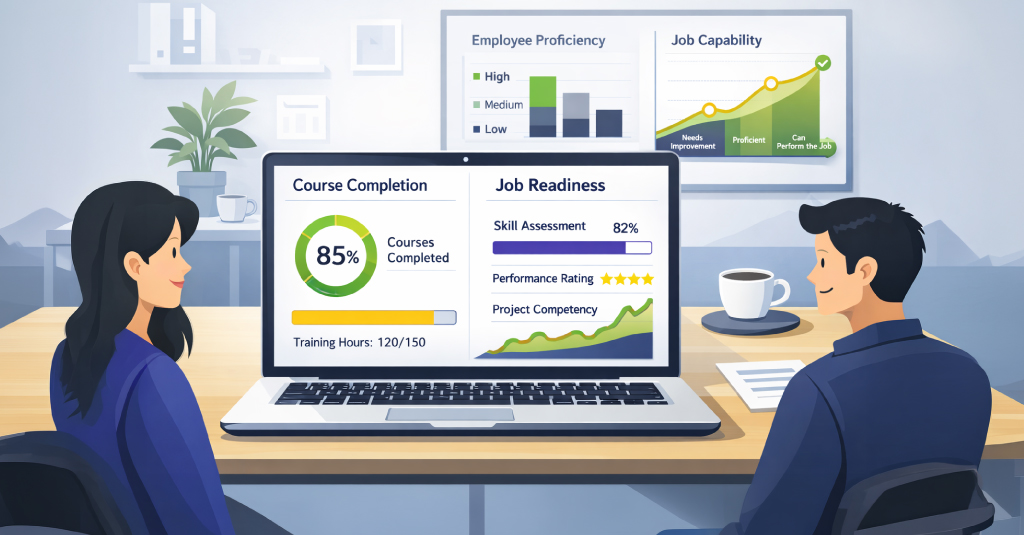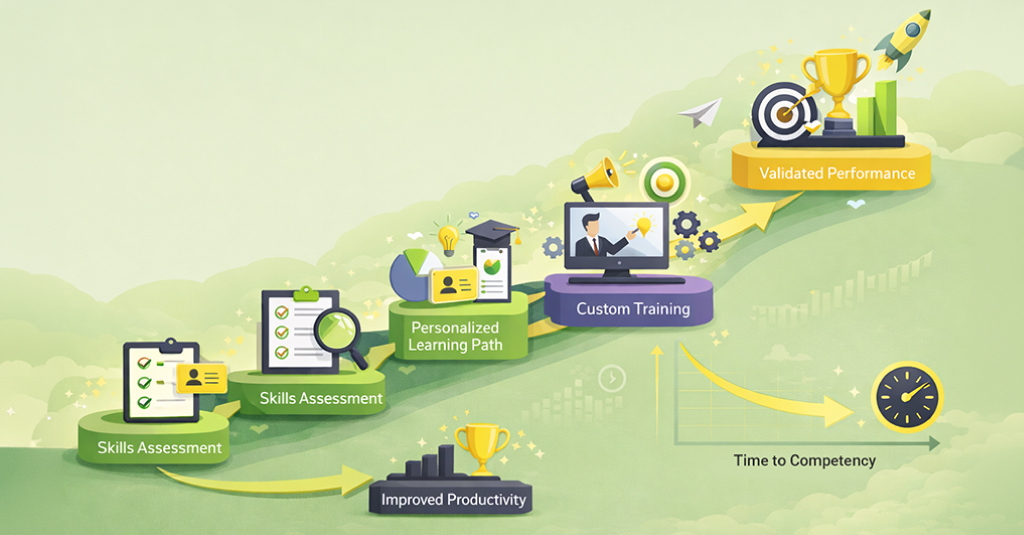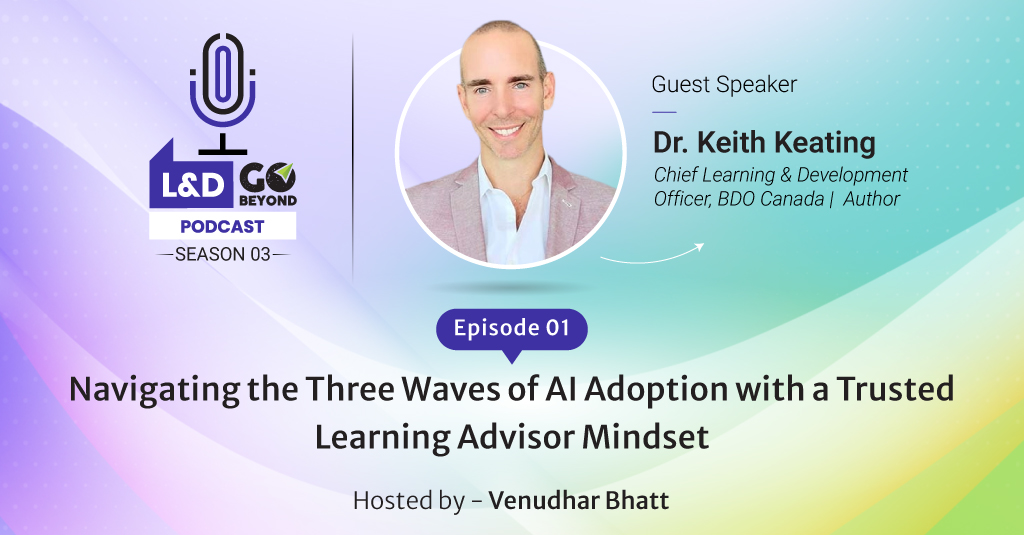Something that I keep trying to work on consciously is how to not just sit around passively and wait for things to happen to me intellectually. I’ve found some things more helpful than others, so I figured I’d share what I’ve tried and liked, and see what other people do. (So do share your funky finds too, okay?)
The single thing that had the largest impact: TV or no TV!
Spending an entire day in front of a computer screen is not the same as spending it watching TV. With a TV, you don’t need to seek. Content is pushed to us. But with the net, we have a much wider variety to choose from and we have to seek what we want. That really helps with the passivity thing.
I mean, you first make the effort to figure out what exactly you’re into and then you get used to exploring what you’re interested in rather than having it conveniently delivered to you. Even with content-push apps like Flipboard or Newsstand, a generic “technology” subscription is interesting no doubt, but you really only spend hours digging deep when you have managed to find and subscribe to “technology forms that rock your boat”!
I do realise this no TV business is a big, almost unthinkable thing for many people. So I figured – how about making a proportion rule? If you happen to watch TV for 10 hours a day, say you have to watch a channel for 2 hours and then you have to change to a new one. At least you’re not just staring at the same sort of gunk; you have to mentally shift to new topics/formats. (Baby steps!)
Having interests and exploring variety
I love experimenting and it makes me feel mentally peppy. Honestly, I find it appalling when people say they love music and have only heard one genre of music and cannot even talk about that passionately! Given how easy it is to research – or plain just look up things!- on the net, it’s fun to find out what other people are up to, the schools of thought that exist around the thing that interests you.
Experiencing things vs. consuming them
I think what falls by the wayside in constant content push (e.g. TV-style) is the cycle after the initial exposure to the content (i.e., after reading or listening). Reflecting on the content when you’re doing something totally unrelated (long live housework!) makes it even more interesting. It’s the act of turning it over in your mind. Did the program/information really make sense? Why was it really interesting? Was it good, was it bad, was it controversial, what are the statistics around it, or what issues and social conventions?
Scaling sensibly
Many friends and I have faced this: we’ll get worked up one day with no longer doing X (playing music, writing…) and swing out wildly in reaction: we’ll start a blog or commit to practising every day for 4 hours. Unsurprisingly, that didn’t last with many of us. I think what helped was phasing the change. Especially when it’s something like quitting TV or starting to learn to be critical, you kind of need to find something that gives you pleasure or interests you! If you’re used to being totally passive and are trying to shake it off, do give writing independently (like on a blog) a chance, but I think it also helps to think of easier-to-sustain things like maintaining a scrapbook, trying flash fiction, curating a Flipboard magazine or participating in an active forum.
Learning where there’s variety on the internet
It’s still possible to be utterly unimaginative and fall into a rut on the net. After all, the net gives you what you ask for, right? I found my reading habit was back to stay when I figured where there was good variety. Special interest forums can be really diverse within your interest area, and before you zoom in on an interest area (if you’re still figuring out what that is), try the generally famous-for-variety places like the TED or BBC portals – they’ve carefully curated and abundant high quality content on various topics, so you can sample lots in a single place without having to spend an hour just searching! (And by the way, TED is also a brilliant trap for passive consumption, so be extra alert! It is really important to critically evaluate the ideas however wonderfully they’re presented, so the reflection time is super necessary.)
There. Those were quite a few of the things I found helpful!


















